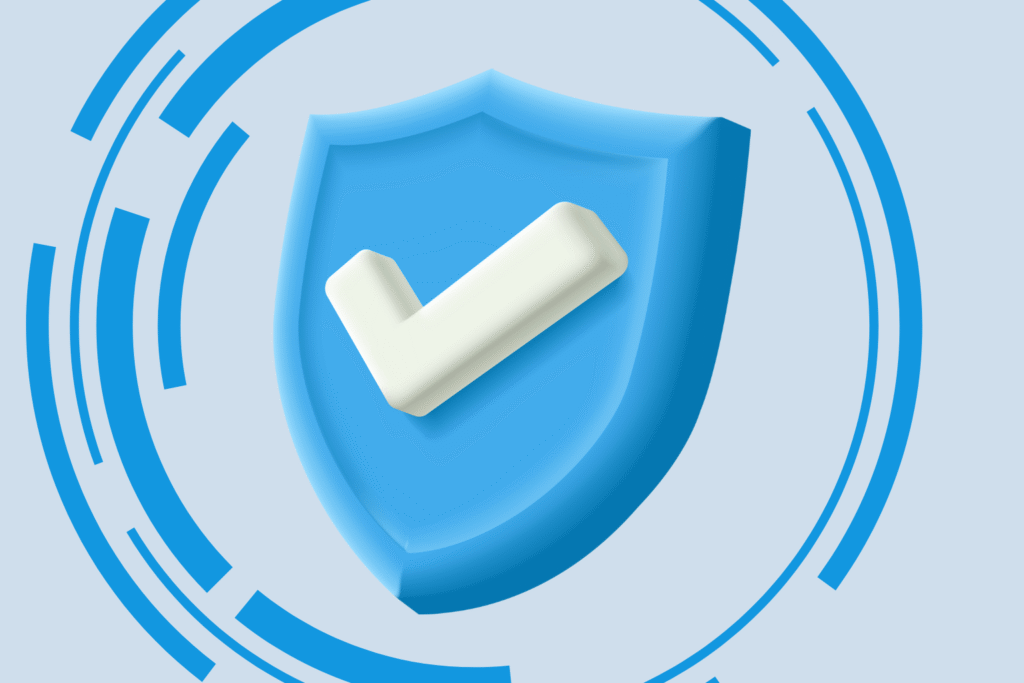Today, we have one more example and a kind of alarm that highlights today’s cybercrime and its impact on our economy, as well as its role as an obstacle to growth. Today, we are going to discuss a story that was originally published on June 18th, in which 16 million passwords were leaked and dumped on the dark web. This isn’t just a random incident – it’s part of a growing wave of global cyberattacks that are affecting users in every country, including India and the U.S. As we covered in our previous post, which was originally published on 23rd May — Cyber Warning for Americans — government agencies in the United States had already sounded the alarm about increasing cyber threats or crimes which is affecting our world, particularly from foreign hackers. These attackers have been actively using phishing websites, fake login portals, and advanced malware to steal passwords, banking details, and sensitive personal data.
Let’s suppose, in today’s fast-moving digital world, we rely heavily on passwords, from chatting with friends on Instagram and other social media platforms to making payments through our bank apps. But what if all your passwords were exposed to hackers? That nightmare just became a reality for 16 Million Passwords around the globe. It means that whether you’re using Facebook, Gmail, Instagram, or any other digital platform, your data is now weaker than ever.
If you’re wondering how to check if your password was leaked and what you can do to stay safe, don’t worry – we’ve got you covered with simple steps anyone can follow.
What Exactly Happened, and Who Leaked these Password Credentials?
This leak wasn’t just big – it was one of the largest in history, with over 16 million credentials reportedly exposed. This includes login details for major platforms like Apple, Facebook, Google, Microsoft, Twitter (X), and Dropbox. According to the Times of India, this leak was not from a single hack, but rather a compilation of data collected from multiple previous breaches. These credentials were bundled together and posted online in a massive combo list that has now spread across hacker forums and Telegram channels, making them easily accessible to cybercriminals or cyber attackers. The size of the exposed data sets is very wide, ranging from small collections of millions of records to massive databases containing over 3.5 billion credentials.

While no single hacker or group has claimed responsibility, cybersecurity researchers believe that the credentials were gathered using “info-stealing malware“. This kind of malware silently runs on a user’s device, collecting sensitive login information without their knowledge. Once enough data is collected, it’s compiled and either sold or leaked online. These password credentials include Facebook, Instagram, Gmail, Banking Platforms, and other popular apps and services. Some of these passwords are likely still in use, especially by people who haven’t updated their login details or credentials in a while or reuse the same password across platforms, and this is what hackers also hope.
Why should you be worried?
You might be thinking that there is no important information or credentials in my account, but the real danger here is if someone is using the same password for all the platforms, like banking, social media, and Gmail, etc. So if just one account details get leaked, hackers can try the same login on your Gmail, Instagram, Facebook, or even banking apps. These attacks are known as credential stuffing and don’t require much technical knowledge. Once hackers get their hands on these leaked email-password combos, they use automated tools to log in to hundreds of websites — and when it works, your private data is suddenly in someone else’s hands, and they can misuse the same.
In Summary,
- Hackers can use your email to send spam or scam messages.
- They can pretend to be you to trick your friends or family.
- If you use the same password for multiple accounts, one leak could give access to all your platforms – social media, shopping apps, bank accounts, and more.
- Your financial data or saved payment details could be at risk if hackers can access sensitive platforms without your permission.
Why These Leaks Keep Happening?
Hackers can intrude, and the Internet is a vast place, and websites store millions of user details, such as financial, social media platforms, and Gmail accounts. If even a single website does not take security seriously, so they can secretly access your account and steal your private information. Here are some reasons why data leaks occur.
- Weak server security
- Employee mistakes
- Unpatched software
- Third-party service hacks
Tips to Stay Safe Online
✅ Use different passwords for every platform
✅ Turn on 2FA wherever possible
✅ Keep your apps and software updated
✅ Avoid clicking on unknown links or downloading from shady sites
✅ Log out of accounts on public or shared devices
✅ Review your account activity regularly
Conclusion: Take Control of Your Digital Safety
The leak of over 16 million passwords is a reminder that online security is no longer optional – it’s a necessity. Whether you use Facebook, Gmail, Instagram, or any other digital platform, your personal information can easily fall into the wrong hands if you’re not careful. Don’t worry, you can still avoid these risks by performing a few steps. First, check if your email or password was part of the leak. Change any weak or reused passwords immediately. Enable two-factor authentication wherever possible. And most importantly, stay alert and informed about the latest cyber threats or attacks. Protecting your digital life doesn’t require being a tech expert — just a few smart steps can make a huge difference.

🔐 Your Data is Valuable. Don’t Wait For a Warning — Act Now And Stay Safe Online.
📌Frequently Asked Questions (FAQs)
❓ Is “Have I Been Pwned” safe to use?
Yes, it’s a trusted tool used by millions globally, including governments and cybersecurity experts.
❓ Should I delete my accounts if they were breached?
Not necessarily. Just update the password, enable 2FA, and keep monitoring activity.
❓ What if I don’t remember all my old accounts?
Try using your email on HaveIBeenPwned and review old sign-up emails to track them down.
❓ Can I recover a hacked account?
Yes, if you act quickly and follow the platform’s recovery steps (use the “Forgot password” option).


